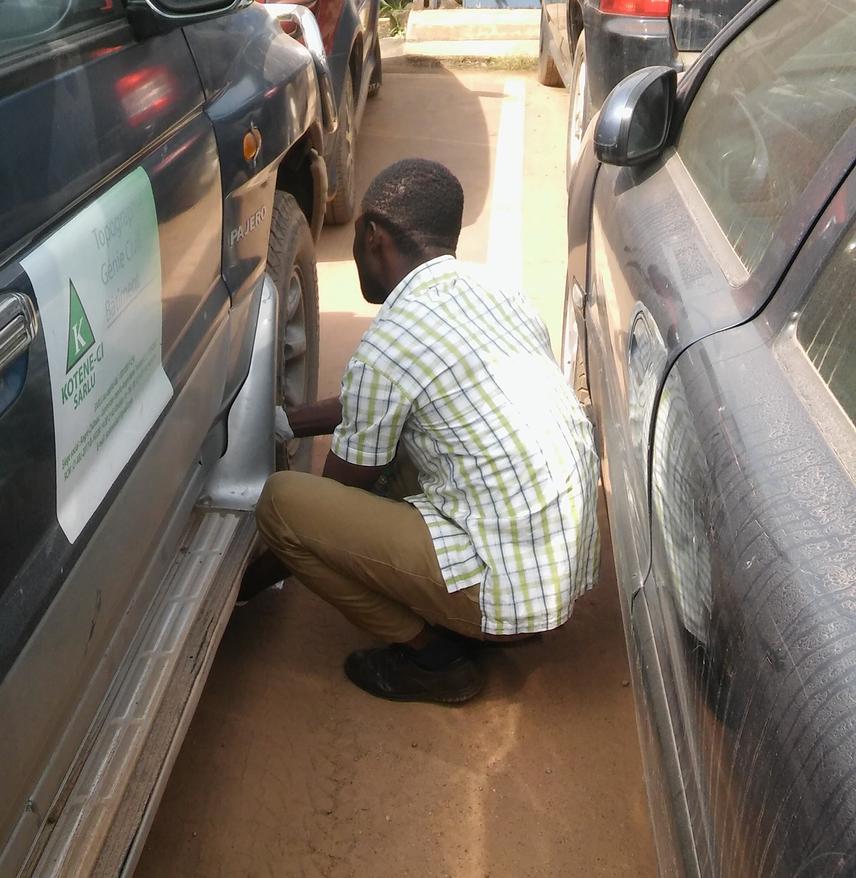Michael Ansong
The proposed study will identify and quantify seeds transported on motor vehicles entering Ghana, determine their weedy status in the country. The result will help inform strategies to mitigate invasive seed dispersal across international land entry points.

After habitat loss, alien invasive plants are the major threat to biodiversity globally. They interbreed with native species resulting in gene-pool loss and compete with natives for resources, which often results in local/regional extinctions. Human mobility has been linked to the spread of alien invasive plants species; humans, for instance, accidentally introduce seeds carried on their vehicles to new habitat. This becomes a major problem especially as the number of vehicles on the road and the size and extent of road networks is increasing rapidly in many regions. In Africa, for instance, two major road networks, the Trans-African Highway network and the Trans-Sahelian Highway, are being developed to improve and ease border formalities and promote trade among African countries. About 65% of trade in West and Central Africa are carried via roads. With such increasing movement of vehicles across countries comes the risk of unintentionally introduction of alien seeds into and within different countries. To highlight the potential threat seeds dispersed from vehicle could pose to biodiversity, the proposed research will determine if vehicles arriving at Elubo border: carry seeds; are the seeds viable and are there common alien invasive species.
Vehicles arriving between at the border will be selected randomly for the study. For each vehicle, owners/drivers will be provided with letter that contains the consent form. When consent is obtained, mud/soil and all visible plant materials will be brushed and scraped off from different part of vehicles using stiff-bristled brush, forceps and tweezers. A short questionnaire will also be used to obtain socioeconomic data of participants including where they are coming from. All material collected will be placed in paper bags and transported to the lab to be examined under a dissecting microscope. Seeds that can be directly seen will be separated from other materials and identified to species level using seed reference database. Both the identified seeds and remaining materials will be used in a germination trial, but in different plots.
The project will also organize sensitization meetings with stakeholders. This will be done through formal meeting with stakeholders including government agencies, transport unions, and the general public. The idea is explaining the issue of the effect of invasive species on biodiversity, the role of vehicles and disseminating other knowledge to help them make their own decisions.
E-mail: [email protected]
Website: https://webapps.knust.edu.gh/staff/dirsearch/profile/summary/5be72da7dd7a.html